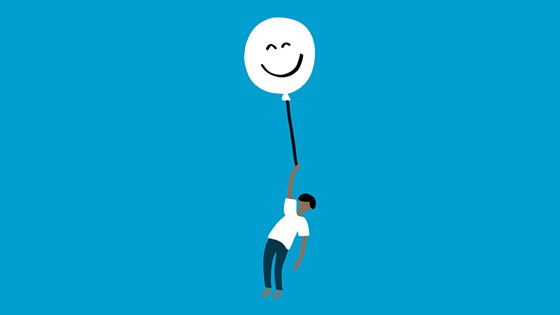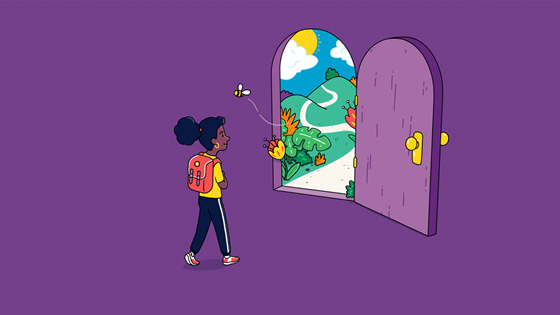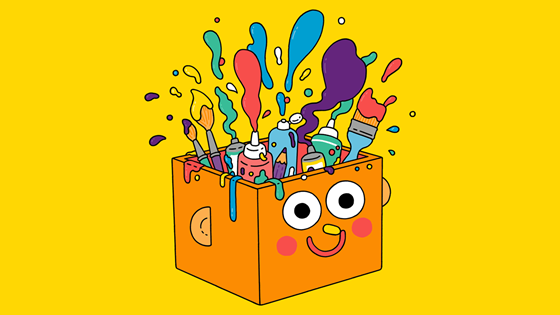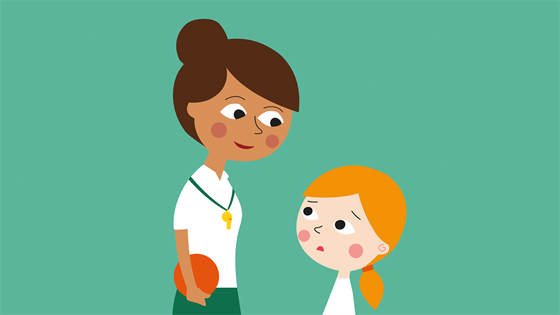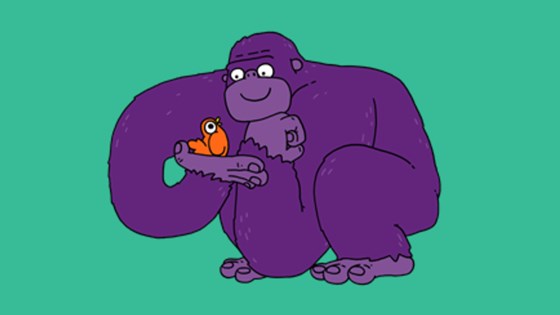Things have been very different because of coronavirus and lockdown. You might have stopped going to school or clubs, or not seen your friends and family. But the rules are changing, meaning you’ll be able to see people from outside your home and go to back to school.
You might be worried about:
- things that have happened to you or other people
- how you’ve been feeling
- going back to school or going out again
- getting support when you’re feeling scared
You might be scared because someone’s hurt you, or they’ve told you that they’ll do something bad if you talk about things. But talking to someone else can help you to feel safe, and get help for you and your family.




